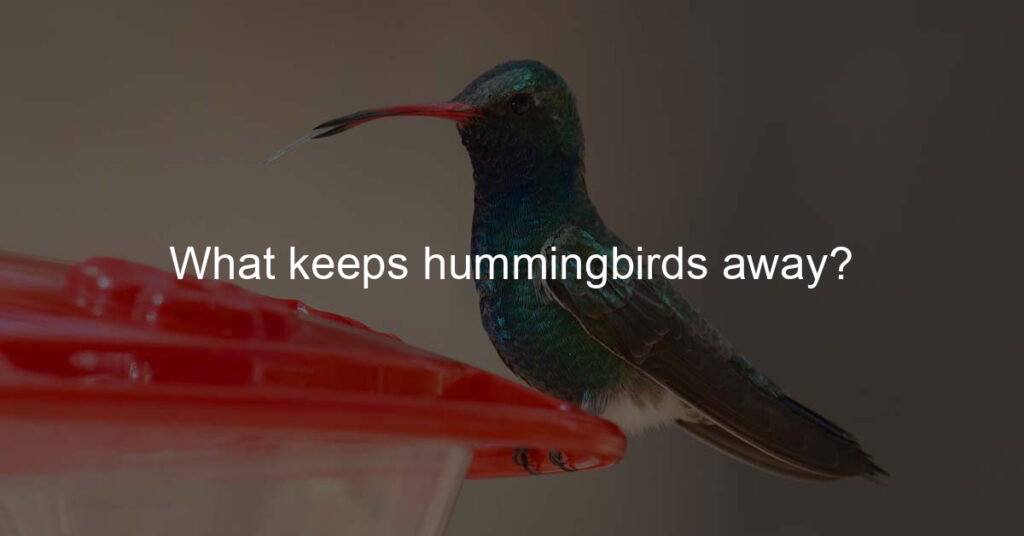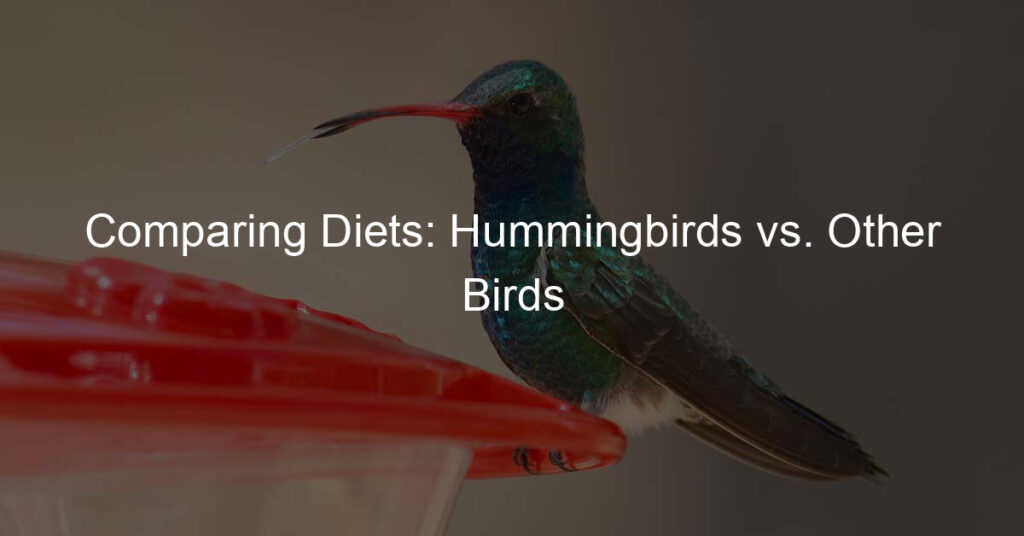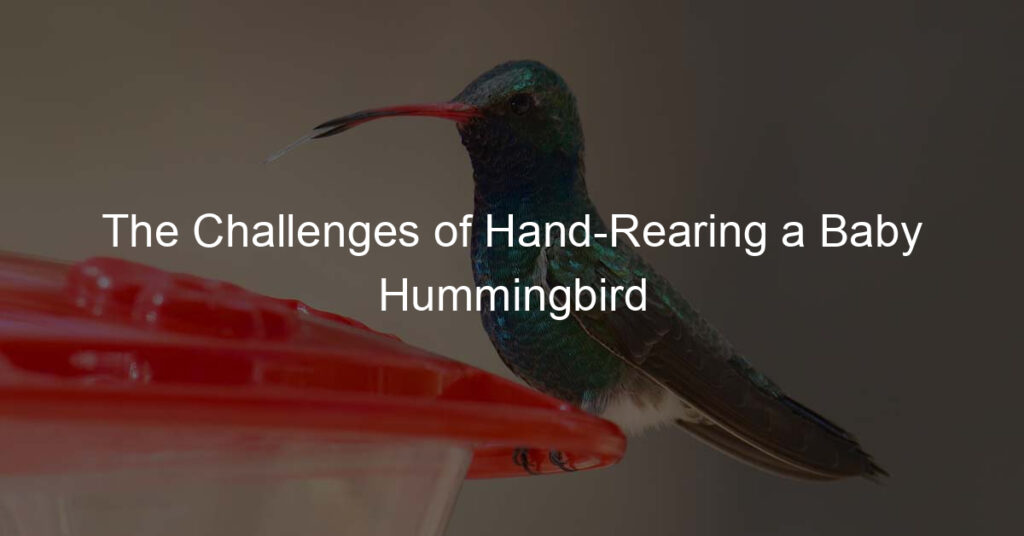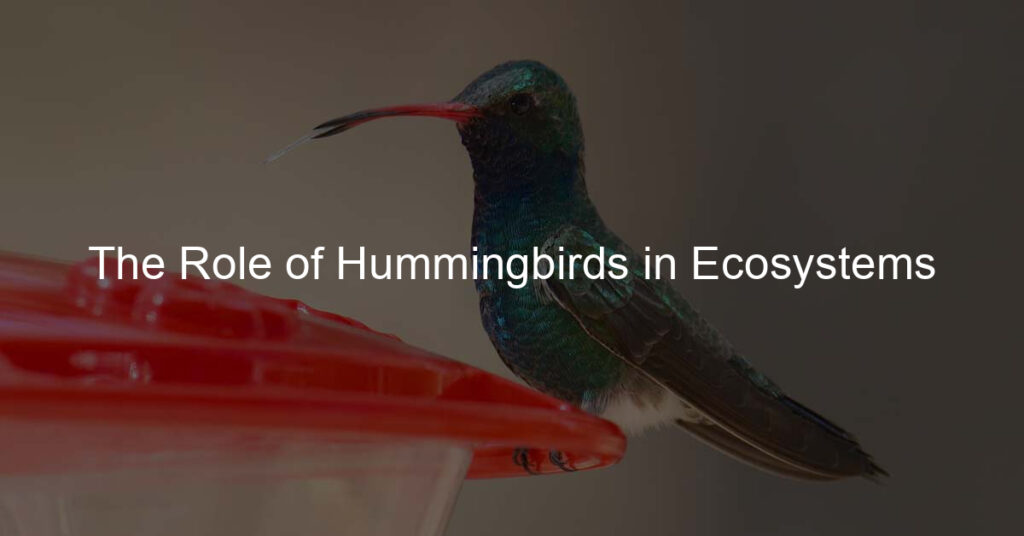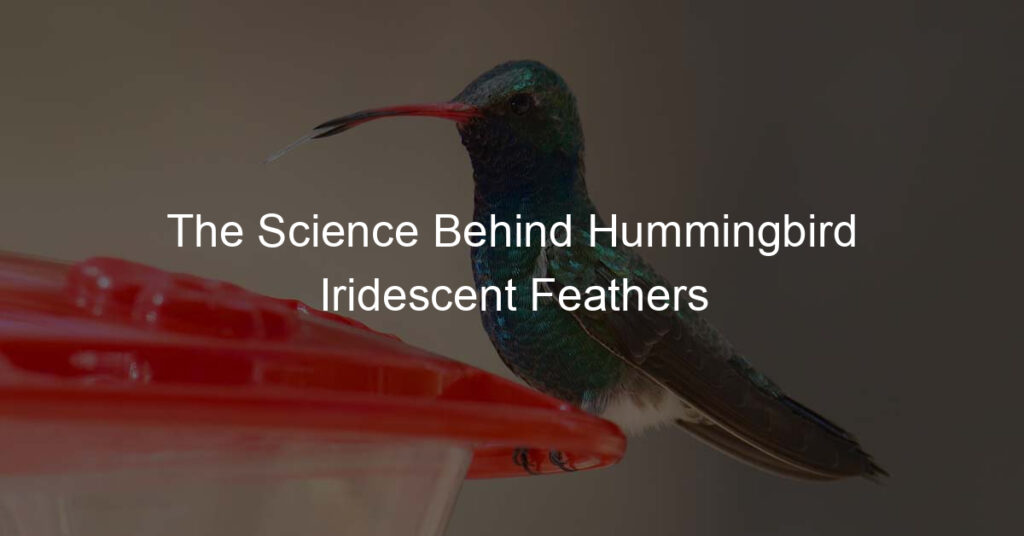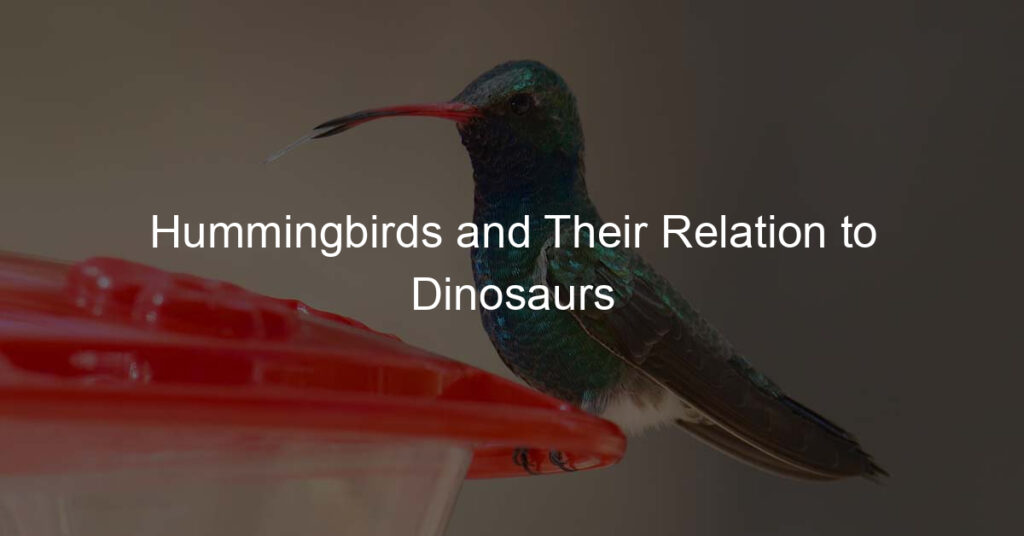If you love the sound of hummingbirds flitting around your garden, you may be wondering what keeps them away. While there are a number of possible explanations, the most likely reason is that your yard doesn’t offer the right kind of food or shelter.
By making a few simple changes, you can entice these beautiful creatures to stick around. Read on to learn how!
Are hummingbirds afraid of other birds?
Hummingbirds are one of the most captivating birds that can be found in the world, and their otherworldly abilities to hover and fly up, down, and even backward make them quite a sight to behold. But it turns out that these tiny, magnificent creatures might not be as fearless as we thought.
Recent studies have revealed that hummingbirds may feel intimidated by other birds, especially large bird species like hawks or owls. This is why they usually fly away when bigger birds get too close – they don’t want to risk getting hurt! It’s amazing that such a small animal knows self-preservation so well, yet still manages to captivate us with their gorgeous colors and acrobatic flying.
What birds are hummingbirds scared of?
Hummingbirds are quite small in size and delicate in nature, making them vulnerable to potential predators. It is no surprise then that there are several animals that hummingbirds fear. This includes other birds of prey like hawks, falcons, and eagles as well as larger songbirds like jays and crows.
Mammals such as snakes, cats, and even bears can threaten hummingbirds too. In order to protect themselves, hummingbirds hide among thick foliage or even seek shelter inside residential birdhouses constructed by humans. Luckily, many of these predators cause harm only when the hummingbird strays too far from its territory which is why it’s essential to create a safe habitat for these tiny avians in your own backyard or garden.
Is Hummingbird lucky?
Hummingbirds are some of the luckiest creatures to exist in nature. Despite their small size, they have an incredible ability to fly and maneuver through uncharted territories with ease. Researchers believe the secret behind their remarkable agility is the fact that they possess twice as many feathers as other birds.
This means their feathers are much lighter and stronger than other birds’ making them capable of extraordinary flight. Additionally, they eat up to eight times per day which makes them never worry about going hungry. With all these factors combined, it seems as though hummingbirds have all the luck they need.
Why do hummingbirds hum?
Hummingbirds are often referred to as living jewels due to their dazzling feathers and energetic hum. That same hum is vibrated from their wings as they lavish in flight, playing mid-air with incredible agility. But why do these birds produce such a sound?
Well, the hummingbird uses its hum to locate nectar-rich flowers. The humming noise acts like a sonar and helps the bird calculate distances between objects based on resonance frequency variations. Some experts also believe they make this peculiar noise to communicate with others of the same kind or to ward off potential predators.
Regardless of the cause, one thing is certain; the enchanting hum of the hummingbird is part of what makes them so beautiful and fascinating to our human ears!
What is the hummingbird’s enemy?
Every animal has its predators, and the hummingbird is no different. While these little birds are mostly preyed upon by larger animals such as snakes, rats, and weasels, their primary predator is actually the common household cat.
That’s right – your feline friend is responsible for more hummingbird deaths than any other creature.
What is hummingbirds’ natural enemy?
Hummingbirds are those small, magical creatures that sparkle in the sun with a rainbow of vibrant colors. They flutter gracefully and can even fly backward! Unfortunately, these birds’ natural enemies lurk in the shadows, wreaking havoc on fragile hummingbird populations.
The top predators of hummingbirds include fewer cats and larger birds like hawks. Crows and jays have also been known to target eggs or juveniles. Other threats may come from competitors at bird feeders, bad weather conditions, and even collisions with windows or cars. Despite these dangers, hummingbirds remain the handful of nature’s most elegant gems.
Conclusion
Although hummingbirds can add beauty to the garden, they can be a nuisance if they stay too long. Thankfully, there are several methods that can help you keep hummingbirds away. The use of strong, discernible colors such as red or orange will help deter them. Additionally, employing an array of motion-activated devices and uninviting materials may also be useful.
Homeowners may also want to invest in feeders designed for deterring hummers from consuming large amounts of food from one area. Not only are these solutions effective, but they also help keep hummingbirds safe from predators and other hazards. With all these tactics combined, you should have no problem keeping hummingbirds away. So enjoy the outdoors and let nature gracefully display itself!

